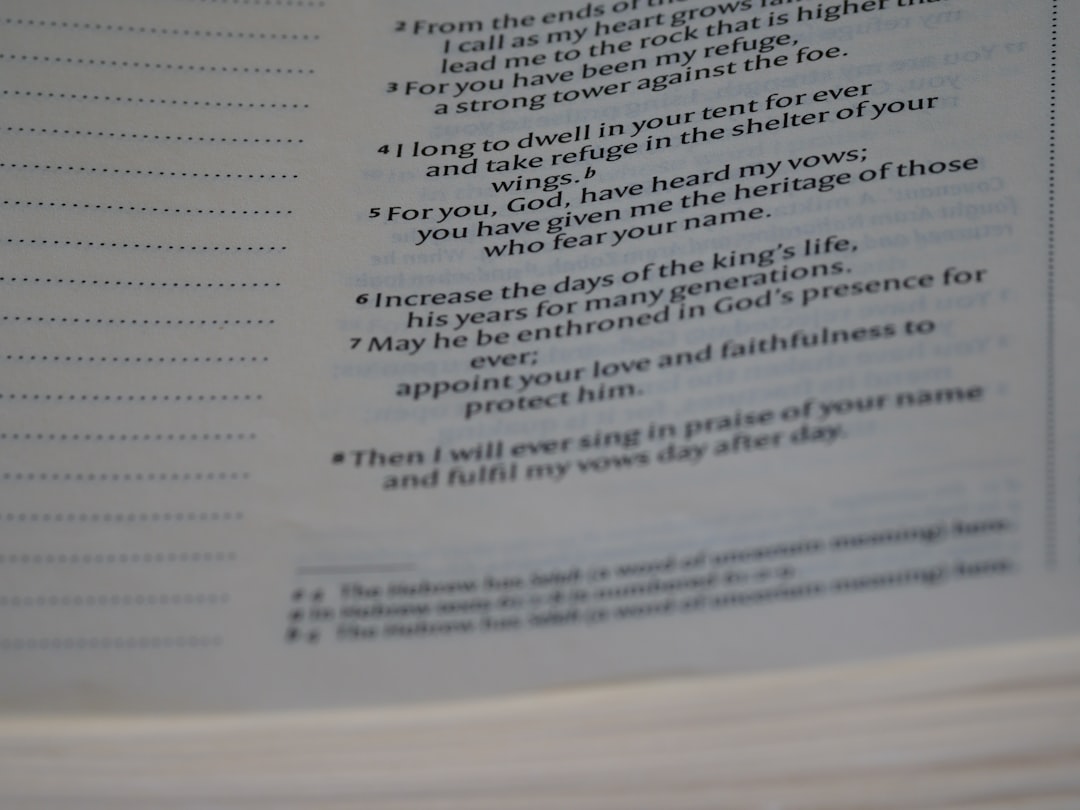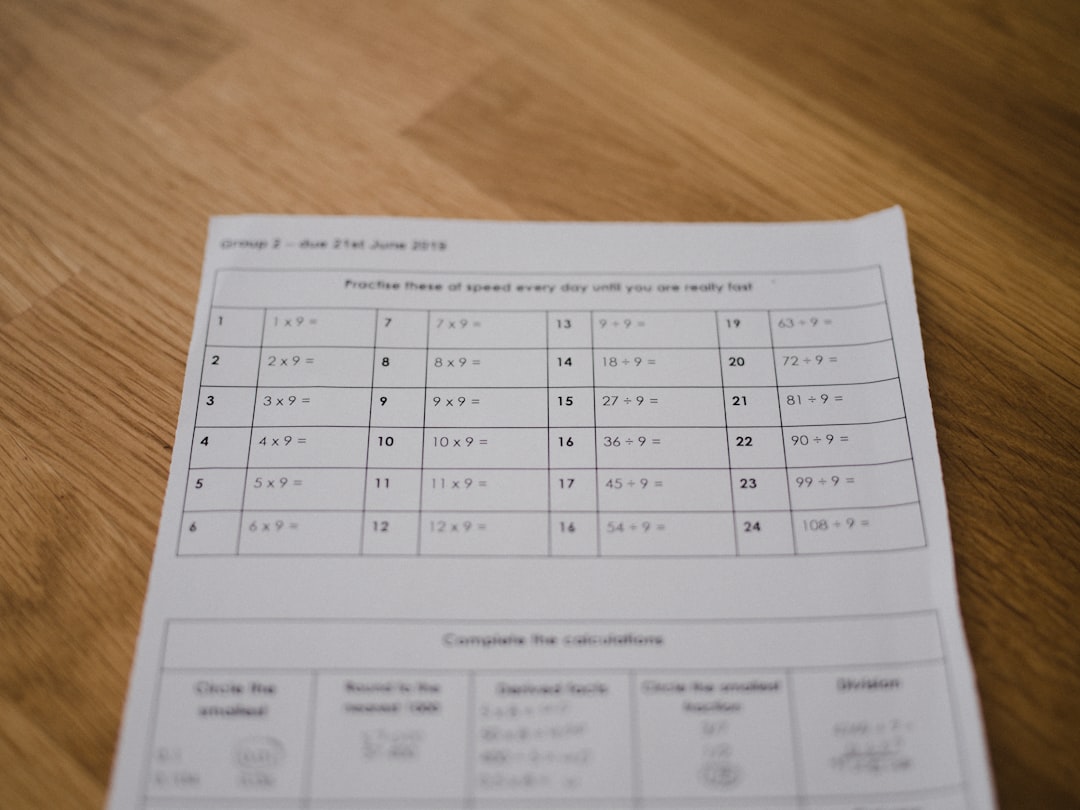What Is GPA Scale Reporting on Common App? Explained
When applying to colleges through the Common App, students are often met with questions that may seem straightforward but are actually packed with detail. One such detail is the GPA Scale Reporting. Understanding how to accurately report your GPA and what it means in the context of the Common App is critical. The way GPA is reported can affect how admissions officers interpret your academic performance, especially when comparing students from a wide variety of educational backgrounds and systems.
What Is GPA Scale Reporting?
GPA Scale Reporting, in the context of the Common App, refers to how your Grade Point Average (GPA) is communicated to colleges. It involves two important components: your actual GPA and the scale upon which that GPA has been calculated. These elements help admissions officers understand your academic standing in the context of your school’s grading system.
For example, a GPA of 3.8 on a 4.0 scale carries a different implication than a 3.8 on a 5.0 or 100-point scale. Therefore, when you input your GPA details in the Common App, you’ll not only be asked for your cumulative GPA but also for the GPA Scale that applies. This ensures consistent comparison among applicants from different schools across the country and internationally.
Why Is GPA Scale Reporting Important?
High schools around the world use a variety of GPA scales. While some schools use the traditional 4.0 unweighted scale, others may employ a 5.0 weighted scale or convert grades into percentages or letter grades without necessarily translating them into a numerical GPA. This variation creates a challenge for colleges that need to compare academic performance across thousands of applicants. That’s where GPA Scale Reporting comes into play.
When students (or their school counselors) report their GPA in the Common App, they’re also asked to indicate the scale used — this could be 4.0, 5.0, 100-point, or something else. The colleges then have a reference point for interpreting performance.

Types of GPA Scales
There are several types of GPA scales commonly used among high schools. It’s important to choose the correct scale in the Common App to prevent miscommunication.
- 4.0 Scale (Unweighted): This is the most common scale in the U.S. An “A” grade typically corresponds to a 4.0, a “B” to a 3.0, and so on. All classes are measured equally, regardless of difficulty.
- 5.0 Scale (Weighted): In this scale, advanced classes such as AP, IB, or Honors may be given extra weight. For example, getting an “A” in an AP course may earn a 5.0 instead of a 4.0.
- 100-Point Scale: Some schools give grades out of 100, e.g., a score of 93 is an A, 85 is a B, etc. This scale may later be converted to a 4.0 or 5.0 scale for reporting purposes.
- Letter Grades Only: Some schools do not calculate a GPA and use letter grades such as A, B, C without converting them to a numeric value. In such cases, the counselor typically assists in submitting an academic profile with explanatory notes.
Where Do You Enter GPA Information in the Common App?
Within the Common App, GPA reporting takes place in the “Education” section. Here, you’ll find several prompts asking for details about your school’s grading system:
- Class Rank Reporting: Some schools provide a class rank — others do not. If your school ranks students, you’ll enter your rank and the size of your graduating class.
- GPA Reporting: You’ll enter your cumulative GPA as it appears on your transcript.
- GPA Scale: You must choose what scale your GPA is based on — options commonly include 4.0, 5.0, 6.0, 100-point, and others.
- GPA Weighting: Indicate whether your GPA is weighted or unweighted.
Accurate self-reporting is crucial here. If you’re unsure about the specific scale or how your GPA was calculated, always speak with your guidance counselor to confirm.
Weighted vs. Unweighted GPA: What’s the Difference?
Weighted GPA reflects the difficulty level of a student’s coursework by giving additional value to higher-level classes. It can extend beyond the traditional 4.0 mark to as high as 5.0 or 6.0 depending on the school. For example:
- Unweighted: AP English = 4.0 for an A
- Weighted: AP English = 5.0 for an A
Unweighted GPA treats all courses equally, regardless of difficulty. This scale can benefit students taking standard-level courses, but it may not reflect the extra rigor some students take through honors or advanced classes.
In the Common App, it’s essential to indicate whether your GPA is weighted or unweighted to provide colleges with a precise understanding of your academic context.

Role of the School Counselor in GPA Reporting
It’s important to remember that while students enter their own GPA information, school counselors also submit an official School Report. This includes a transcript and may provide context on how grades are calculated, the school’s grading policies, and explanatory notes about the GPA scale.
If your school uses a unique grading system, or no GPA at all, the counselor’s role is critical in helping colleges interpret your achievements.
International Students and GPA Scale
International applicants often come from education systems that differ significantly from the U.S. model. For these students, GPA may not be formally calculated. When completing the Common App, these students should:
- Consult with their school counselor to determine if GPA can be provided in a format compatible with the Common App.
- Provide grade information in the local format, which the counselor can then contextualize in the School Report.
- Use the “Additional Information” section if necessary to explain grading practices or academic equivalencies.
Many colleges are well-versed in evaluating international credentials and will use the information provided by the school counselor to make informed decisions.
Tips for Accurate GPA Scale Reporting
To ensure your GPA is correctly understood by colleges, keep the following tips in mind:
- Be Honest and Precise: Always report your GPA exactly as it appears on your transcript.
- Verify the Scale: Double-check with your counselor to confirm the scale and whether your GPA is weighted or unweighted.
- Use the “Additional Info” Section: If there’s anything unclear or unusual about your GPA, address it in the Additional Information section of the application.
- Let Your Counselor Guide You: In case of unusual grading practices or non-standard GPA scales, rely on your counselor to provide an explanation in the School Report.
Final Thoughts
GPA Scale Reporting on the Common App might seem like an administrative task, but it plays an essential role in how your academic record is viewed by colleges. By accurately selecting your GPA scale and weighting status, and working with your school counselor, you can present a clear and honest snapshot of your academic history.
In the competitive landscape of college admissions, clarity and consistency in reporting your academic performance matter. Understanding and properly handling GPA Scale Reporting ensures that you’re putting your best foot forward — and that admissions committees can fairly evaluate your hard work.


